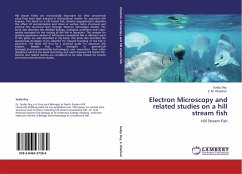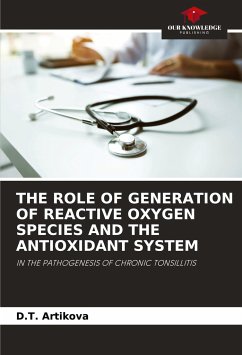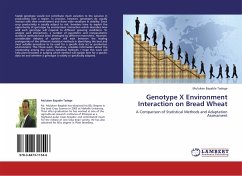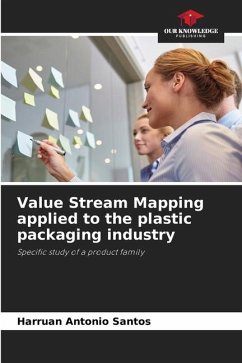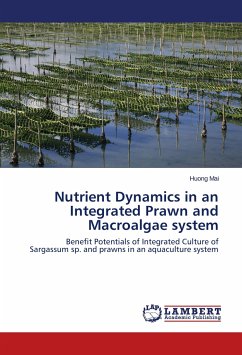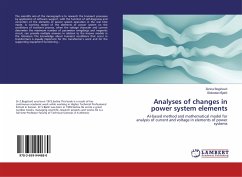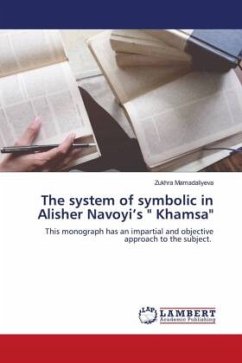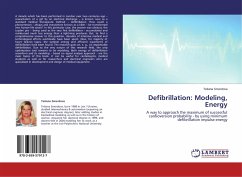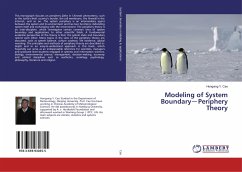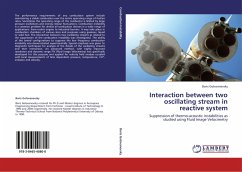
Interaction between two oscillating stream in reactive system
Suppression of thermo-acoustic instabilities as studied using Fluid Image Velocimetry
Versandkostenfrei!
Versandfertig in 6-10 Tagen
52,99 €
inkl. MwSt.

PAYBACK Punkte
26 °P sammeln!
The performance requirements of any combustion system include maintaining a stable combustion over the entire operating range of fuel/air rates. Sometimes the operating range of the combustor is limited by large pressure oscillations and energy release fluctuations. Combustion instability is a common problem for almost all combustion devices in a wide range of applications: from rocket engine to industrial burners. It may take place in combustion chambers of various sizes and purposes using gaseous, liquid or solid fuel. The interaction between two oscillating streams as related to the suppres...
The performance requirements of any combustion system include maintaining a stable combustion over the entire operating range of fuel/air rates. Sometimes the operating range of the combustor is limited by large pressure oscillations and energy release fluctuations. Combustion instability is a common problem for almost all combustion devices in a wide range of applications: from rocket engine to industrial burners. It may take place in combustion chambers of various sizes and purposes using gaseous, liquid or solid fuel. The interaction between two oscillating streams as related to the suppression of the combustion instability was investigated. The ability of the tested configurations to suppress the low frequency combustion instability was demonstrated experimentally. Special emphasis was given to diagnostic techniques for analysis of the details of the oscillating streams and their interaction. An advanced method, with highly improved resolution and dynamic range FIV (Fluid Image Velocimetry) was specifically developed for this purpose and applied for velocity field analysis coupled with local measurements of time dependent pressure, temperature, CH - emission and velocity.



